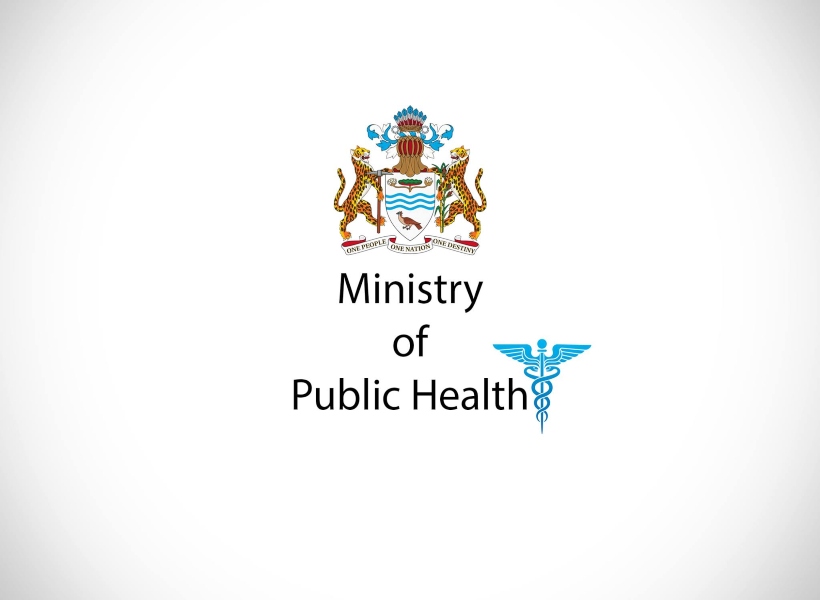In his report of the examination of government’s spending for the year 2018, Auditor General (AG), Deodat Sharma noted that the Ministry of Public Health paid over $77M for items that it did not receive up to the time of his reporting in September 2019. But that is not the worst of it. The AG said that this is no new practice as the Ministry is still to collect items for which it paid tens of millions since 2015.
In his highlights, the AG reported, “At the time of reporting, items valued $77.499M were not delivered, even though payments were already made to the suppliers in respect of Ministries and Departments. Included in the sum were items valued $64.632M or approximately 83%, which were in relation to the non-delivery of furniture, office and medical equipment to the Ministry of Public Health.”
Deeper in the report, the AG said that at the time of reporting in September 2019, a supplier who received $94M did not fully honour his obligations, where goods valued at $37.2M remained outstanding.
The AG went on to note that in addition to the amounts outstanding for the year 2018, there were outstanding deliveries for the years 2015 to 2017 amounting to $306.205M.
Further, Sharma observed that suppliers did not comply with the conditions of the contracts since deliveries were not made according to the contract specifications and delivery schedules. In addition, the ministry failed to enforce the penalty of 0.5% on the contract sum for each day of untimely execution of the contract. As a result, the suppliers were not penalized for the failure to adhere to the specifications of the contract. A similar observation was made in the previous year.
The Health Ministry in its response to Sharma’s findings, indicated that indeed no penalty was imposed due to the revised delivery schedules and space constraints that faced the Ministry. It was further noted that the deliveries were staggered in order to avoid spoilage.
The Audit Office recommended that the Ministry of Health “immediately undertake a full review of contractors’ obligations under the contracts to ensure that these, including applicable liquidated damages, are fully satisfied, without any overpayments.”













